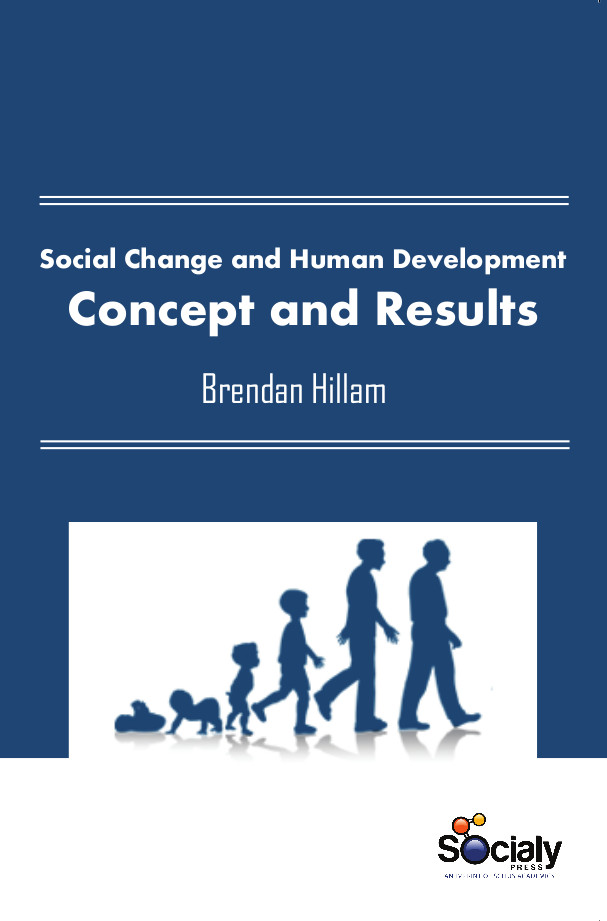Social change has accelerated globally. Greenfield’s interdisciplinary and multilevel theory of social change and human development provides a unified framework for exploring implications of these changes for cultural values, learning environments/socialization processes, and human development/behavior. Social change is the alteration of mechanisms within the social structure, characterized by changes in cultural symbols, rules of behaviour, social organizations, or value systems. Throughout the historical development of their discipline, sociologists have borrowed models of social change from other academic fields. In the late 19th century, when evolution became the predominant model for understanding biological change, ideas of social change took on an evolutionary cast, and, though other models have refined modern notion. Globally dominant sociodemographic trends are: rural to urban, agriculture to commerce, isolation to interconnectedness, less to more education, less to more technology, lesser to greater wealth, and larger to smaller families/households. Social change can evolve from a number of different sources, including contact with other societies (diffusion), changes in the ecosystem (which can cause the loss of natural resources or widespread disease), technological change (epitomized by the Industrial Revolution, which created a new social group, the urban proletariat), and population growth and other demographic variables. Social change is also spurred by
ideological, economic, and political movements.
This Book, Social Change and Human Development, shows how changing sociodemographic ecologists alter cultural values and learning environments and thereby shift developmental pathways. Worldwide sociodemographic trends include movement from rural residence, informal education at home, subsistence economy, and low-technology environments to urban residence, formal schooling, commerce, and high-technology environments. The Book will be of valuable resource for students and researchers involved in all areas of human development, including developmental psychology, sociology and education.










